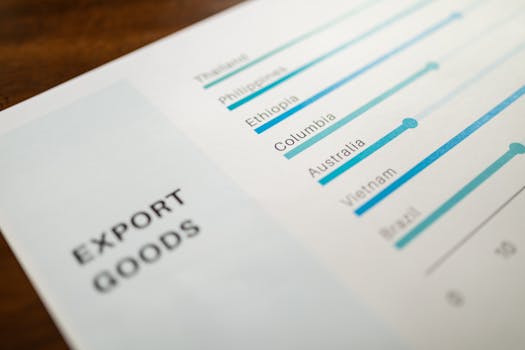Brexit has been a hot topic for several years now, with the UK’s decision to leave the European Union causing ripple effects throughout Europe. One trending topic currently making headlines is the ongoing negotiations between the UK and the EU over a trade deal. With the transition period coming to an end on December 31st, both sides are under pressure to reach an agreement that will govern their future relationship.
The main sticking points in the negotiations revolve around issues such as fishing rights, level playing field provisions, and governance of the agreement. The EU is pushing for continued access to UK waters for its fishing fleets, while the UK is seeking to regain control over its waters. The level playing field provisions are aimed at ensuring fair competition between the two sides, with the EU wanting the UK to adhere to certain standards in areas such as workers’ rights, environmental protections, and state aid.
If the two sides fail to reach a trade deal before the end of the transition period, they will default to trading on World Trade Organization (WTO) terms. This would mean tariffs and quotas on goods traded between the UK and the EU, potentially leading to disruptions in supply chains and higher prices for consumers. Both sides have expressed a desire to avoid this outcome, but significant differences remain that need to be resolved.
As the deadline approaches, businesses on both sides of the English Channel are bracing themselves for the possibility of a no-deal Brexit. This could have serious economic consequences for industries that rely heavily on cross-border trade, such as the automotive and aerospace sectors. Companies have been stockpiling goods and making contingency plans to mitigate the impact of a no-deal scenario, but uncertainty still looms large.
Overall, the stakes are high in the Brexit negotiations, as the outcome will not only shape the future relationship between the UK and the EU but also have far-reaching implications for the global economy. Both sides are under pressure to find common ground and reach a compromise that is acceptable to all parties involved. As the clock ticks down to December 31st, the world is watching closely to see if a deal can be struck or if Brexit will indeed end with a no-deal.

Leave a Reply